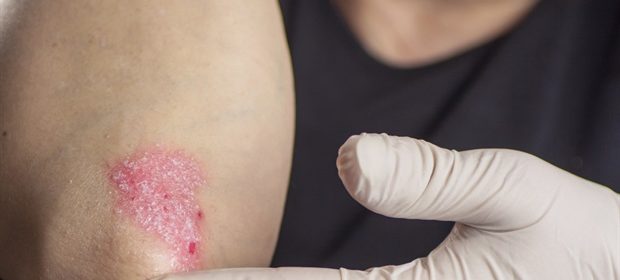how to buy tetracycline uk without prescription

https://alternative-medicine-doctors.com/top/how-to-come-off-abilify/
The exact cause of psoriasis is not well understood, but it is generally accepted that there are a number of factors that may contribute to an individual’s susceptibility to the condition and trigger symptoms. It is not a communicable condition and cannot be passed on from an infected patient to another person.
Immune System
An abnormality in the immune system is thought to be the primary reason for the symptoms of psoriasis. The T-cells are usually responsible for the detection and destruction of bacteria and other infections in the body, but direct their action towards the healthy skin cell sin patients with psoriasis.
This leads to overproduction of new skin cells in the deep skin layers, triggering the release of more T-cells and continuing the cycle, eventually leading to psoriatic symptoms. The cause of this effect is thought to be a result of a combination of genetic susceptibility and environmental triggers.
Genetic Susceptibility
Approximately 1 in 3 of patients with psoriasis have a family history of the condition and if one identical twin is affected, the other has a 70% chance of developing the condition. These findings suggest a genetic link to the pathogenesis of psoriasis and genetic loci associated with the condition have been identified.
There are many genes that are thought to be involved in the genetic susceptibility to psoriasis, many of which play a role in the immune system, specifically the major histocompatibility complex (MHC) and T cells. The most common genetic determinant of the condition is PSORS1, which is responsible for up to half of all genetically inherited cases.
Gene mutations that have a notable effect on the immune system, such as IL12B and IL23R, are also being investigated for the role they play in causing psoriasis.
Environmental Triggers
There are certain triggers for psoriasis that are known to induce or worsen symptoms of the condition following exposure. These triggers may include:
- Injury to the skin (e.g. cut, insect bite, sunburn)
- Excessive alcohol consumption
- Smoking
- Stress
- Hormonal changes at puberty or menopause
- Sickness (e.g. streptococcal throat infection)
- Seasonal or climate changes
- Dry skin
- Obesity
People with psoriasis should be encouraged to reduce their exposure to these triggers, to help improve their symptoms and avoid a flare-up of the condition.
HIV
Individuals with HIV are equally likely to suffer from psoriasis than members of the general population but those that are often affected experience symptoms that are more severe.
For this reason, there is a considerably higher incidence of psoriatic arthritis among patients with psoriasis that are HIV-positive, compared to other patients. The overall symptoms tend to be more severe and many of these patients require treatments beyond the standard therapy used for psoriasis.
Medications
There are some medications that may trigger symptoms of psoriasis in some patients, such as:
- ACE inhibitors
- Antimalarial medicine
- Beta blockers
- Calcium channel blockers
- Interleukins
- Interferons
- Lithium
- Non-steroidal anti-inflammatory drugs
- Terbinafine
- TNF inhibitors (e.g. infliximab or adalimumab)
Additionally, the withdrawal of topical corticosteroid cream may aggravate symptoms, due to a rebound effect.
References
- http://www.nhs.uk/Conditions/Psoriasis/Pages/Causes.aspx
- https://www.psoriasis.org/about-psoriasis/causes
- http://www.mayoclinic.org/diseases-conditions/psoriasis/basics/causes/con-20030838
- http://www.healthline.com/health/psoriasis/causes#2
Further Reading
- All Psoriasis Content
- What is Psoriasis?
- Psoriasis Types
- Psoriasis Treatment
- Psoriasis Topical Treatment
Last Updated: Aug 23, 2018

Written by
Yolanda Smith
Yolanda graduated with a Bachelor of Pharmacy at the University of South Australia and has experience working in both Australia and Italy. She is passionate about how medicine, diet and lifestyle affect our health and enjoys helping people understand this. In her spare time she loves to explore the world and learn about new cultures and languages.
Source: Read Full Article